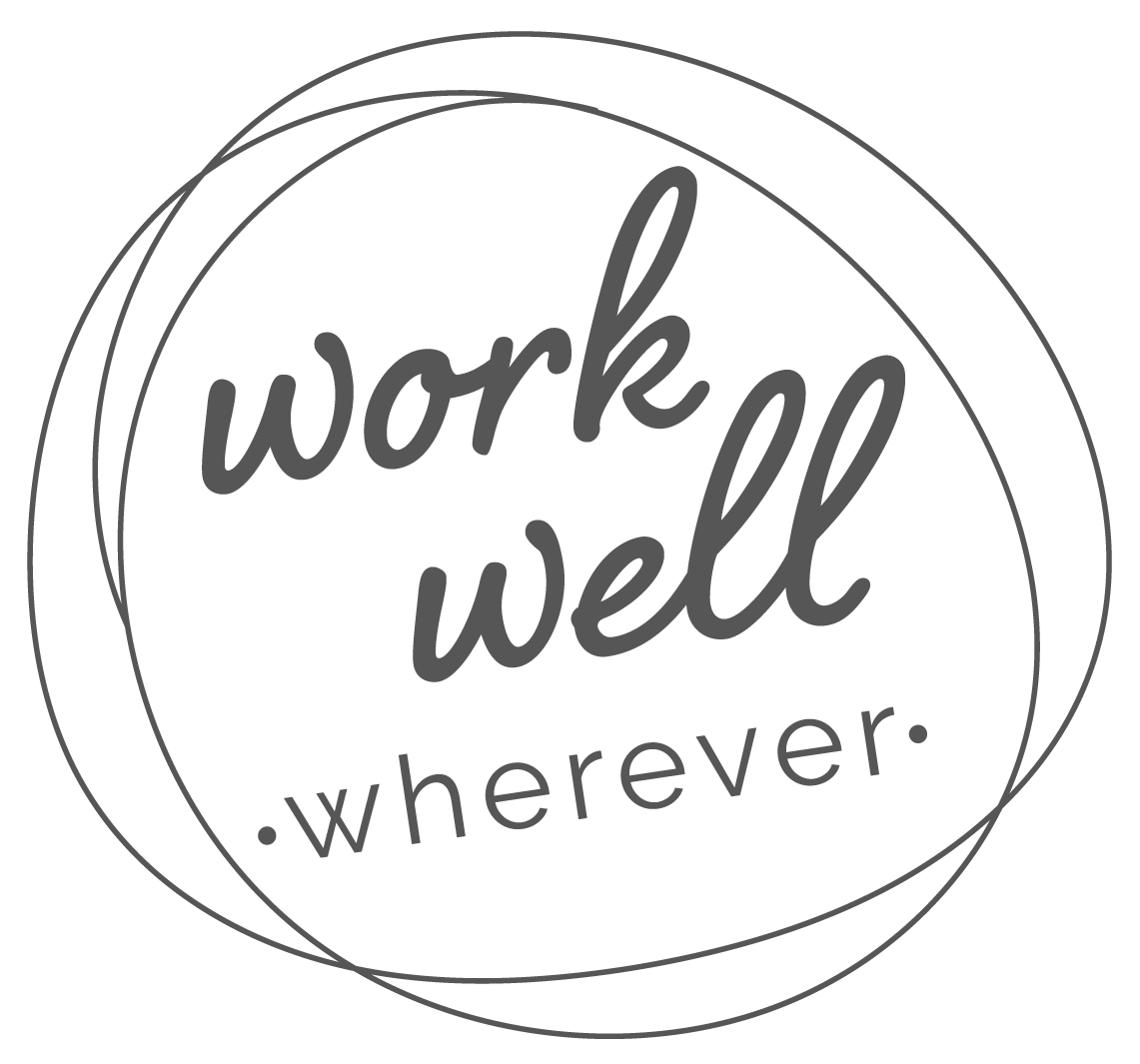Pros and Cons of A Hybrid Approach
As we approach the end of the year, is it time to re-evaluate any in-person workplace model? Is a hybrid approach right for your business?
At this point, we all know how much remote work has truly found its place in this...dare I say, post-pandemic world.
However, what isn’t talked about as often is how the nature of some organizations’ work just doesn’t allow for a 100% remote work policy! I truly believe that as the world continues to open up, hybrid work will continue to become more common than not as a workplace model going forward. A hybrid workplace was a sort of obvious balance between remote work and in-person. It’s a compromise that became known as the hybrid workplace model.
What exactly is a hybrid workplace model?
A hybrid remote workplace is a model that combines remote work with office work. So far, we’ve seen this in three different categories:
Employees have full freedom to choose when (if at all) they come into the office
Employers decide what days employees can work from home vs in the office (Google is a notable example. Their employees will spend “three days in the office and two days wherever they work best”)
Allow teams/departments to decide which days are in the office or not.
A non-work example of this is how schools offer a hybrid learning approach when some classes are held at school and some online.
However, as you can see...there isn’t necessarily a standard operating procedure for companies to follow, which makes trial and error inevitable. To make a successful back-to-work transition, companies will need to know the pros and cons of hybrid work models.
So let’s break down these pros and cons by starting with what the benefits and downsides are with working remotely:
Workers report these are the top benefits of working remotely:
No commute
Flexibility
Time with family
Ability to concentrate
Time for personal activities
Comfortable environment
And the downsides:
Lack of socializing
Lack of work/life balance
Difficulty communicating and collaborating
Missing work environment, ergonomics
So, how does a hybrid approach help with these downsides?
The Pros Of Hybrid Work For Employees
Could encourage a stronger work-life balance
A clear distinction between time for your focused vs collaborative work
Encourages collaboration on days you’re in the office
For places with colder weather, this could help make sure you can still work without driving in severe weather
The Pros Of Hybrid Work For Organizations
Employees aren’t the only ones who may benefit from a workplace model. Companies who adopt hybrid working models could benefit from:
Lower expenses for office space
This balance could help promote work-life culture for your business
Access to more talent in different locations for certain positions
A workforce that can switch completely remote if necessary, it’s adaptable
Having a brick & mortar or “in-person” office could help promote local clients
So, what’s the catch?
The Cons Of Hybrid Work For Employees
A disconnect between in-office employees and remote employees
Figuring out a balance between what days to have employees in-office and if there can be both fully in-office and fully remote employees
The Cons Of Hybrid Work For Organizations
The requirement to having an onboarding process for in-person & remote
*this could also be seen as a pro since you’ll be adaptable to both but it does require extra work
Leaders could have a particularly hard time when it comes to leading or managing their teams that are both remote and in-person
How Work Well Wherever Can Help Build Effective Hybrid Cultures?
Design an onboarding plan that creates an equitable employee experience
Leadership coaching to help establish best practices
Create performance management strategies that increase productivity and employee engagement
It’s amazing how much you can resolve just by talking and walking through these problems with my clients. Each business is different and may require a unique implementation, but that’s where I come in! As mentioned before, there’s no one-size-fits-all for remote work or hybrid workplaces, so let’s talk and find one that works best for you so that you can lead well, hire ell, and work well!

